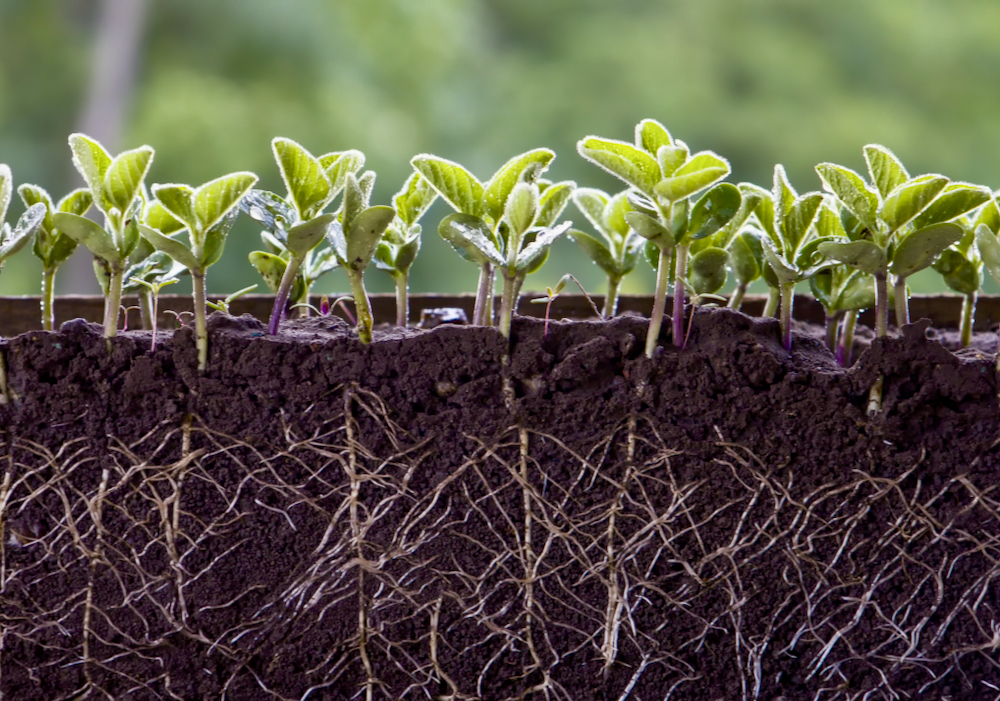Going deeper on plant roots

An American company is gene editing plant roots to make them grow larger, creating plants that better tolerate drought and sequester more carbon.
Read Also


Farmer mental health gets federal investment
The federal government is investing up to $1.08 million in activities aimed at supporting the mental health of Canadian farmers….
Cquesta CEO Michael Ott told the Agri Tech Venture Forum that if nature can be made 2.5 per cent more efficient, then half of the human impact on carbon released to the atmosphere can be accounted for.
Why it matters: This would be one of the first uses of gene editing in commercial crops to create an environmental and agronomic impact.
Cquesta works with seed researchers and seed companies to put their process into the roots of commercial crops.
“We’re a root architecture modification company, so I can do whatever you want. I can make it skinny or fat or wider, shallow or narrow, deep or whatever,” says Ott.


photo:
John Greig
The company’s quickest route to market is carbon and the fact that roots are the key to greater sequestration.
He says that carbon moved deeper into the soil sticks there much longer, and helps solve the problem when farmers till the soil and move the carbon that they might have just sequested back into the atmosphere.
“As you go down in the soil, oxygen levels decrease microbial activity decreases and when that carbon sticks around for a lot longer so if you’re able to get a low of 30 centimetres, you can see that 80 per cent of that carbon is more than 50 years old,” he said.
The company has licenced nine patents from the Salk Institute for Biological Studies in San Diego, where researchers have been working on gene-editing plants. The company is based in Chicago and is building a “plant transformation facility” in St. Louis.
The company’s goal is that there will be no cost to the farmers for the enhanced roots. Cquesta and its seed company partners will benefit from helping the environment and by selling carbon credits based on the topic.
“All farmers love deep roots because they basically help tolerate weather inconsistencies,” he says.
Ott says the challenge for the company is to reach the scale it needs to make a profit.
“When farmers are buying seeds, they are buying seeds with six to 10 traits. We want there to be one more trait labelled deep roots slash carbon sequestration that is given to them for free.”
The other major partner is seed companies. Cquesta plans to license its technology to seed companies. Then it plans to get paid for the carbon its root system sequesters and then “paying everyone back through the system”.
The company just completed a $6 million funding round.
Cquesta sees a lot of potential in the large acreage planted in canola in Canada, and that’s why Ott was at the venture forum event in Toronto.
“We’re looking for partners in Canada,” he said.
The first product the company will bring to market is enhanced roots in cover crops, in two to three years, but then plans soybeans and canola as their first large acreage crops in three to five years. Other crops, like corn, will follow in five to seven years.
Source: Farmtario.com

